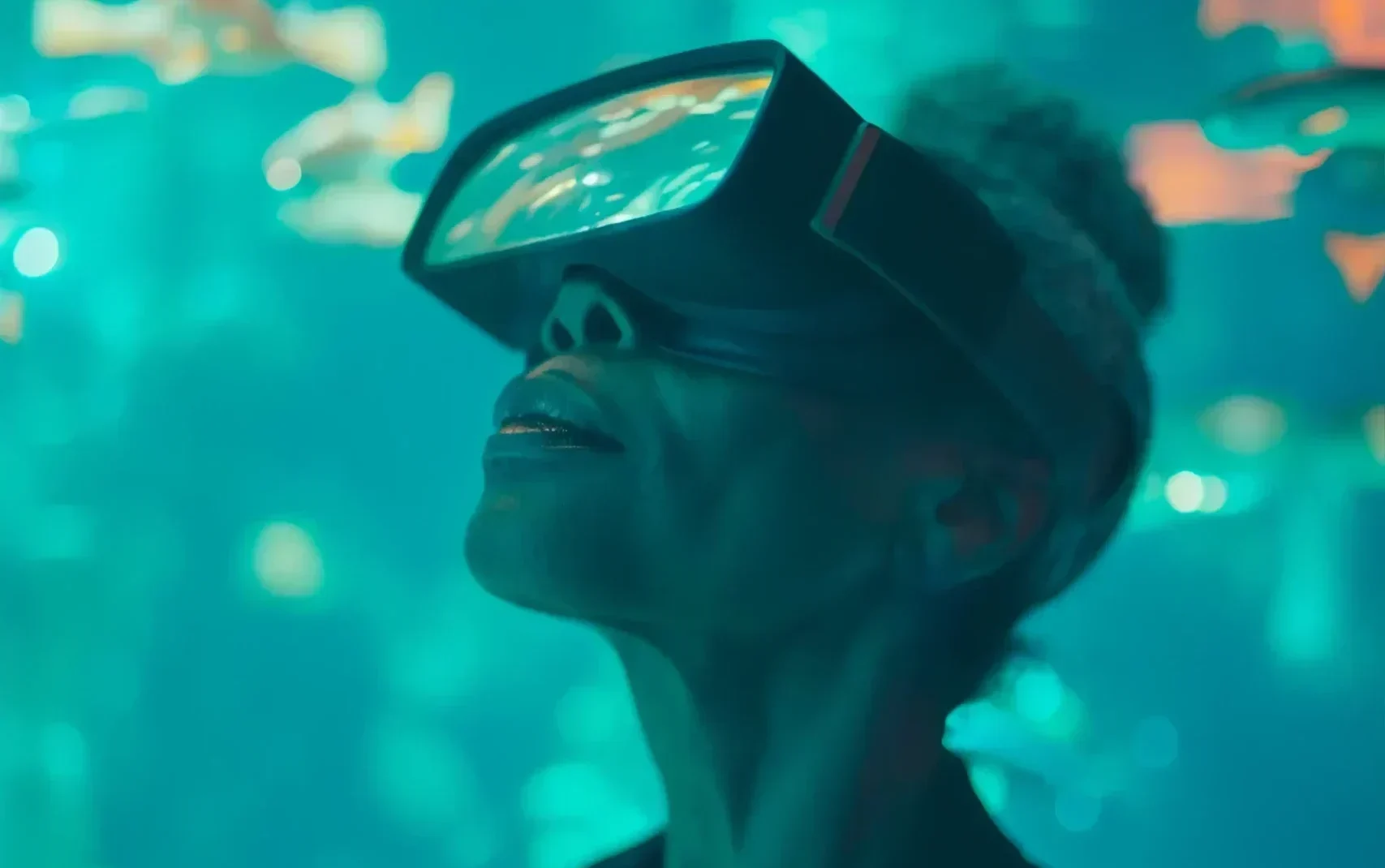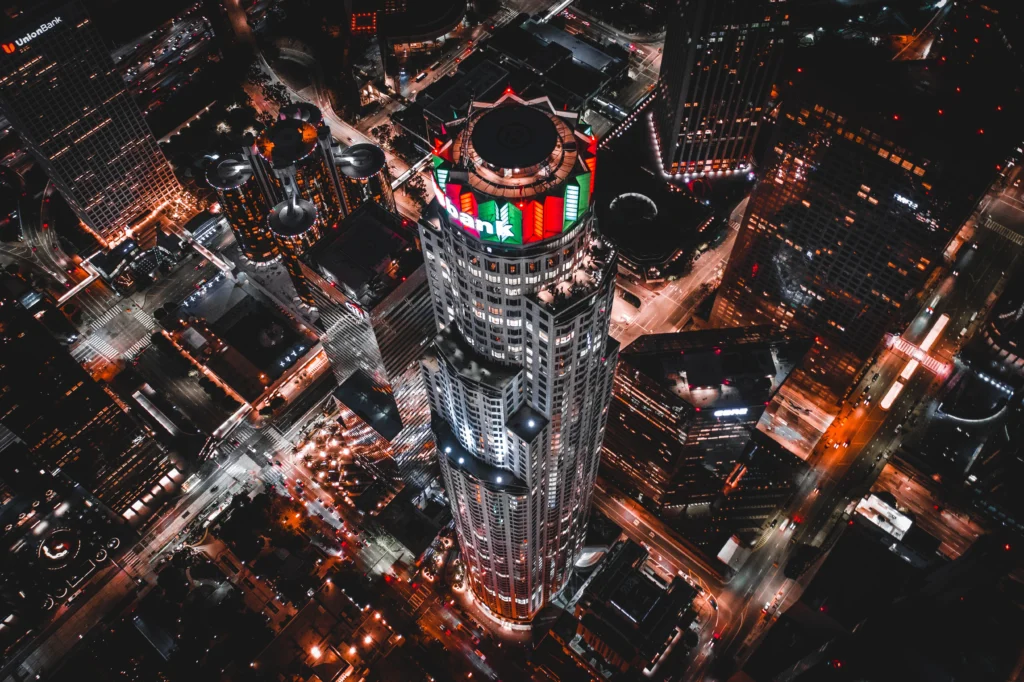Revolutionizing Wanderlust
The Cutting Edge of Tourism & Hospitality Innovation
By Peter Davis


Picture stepping into a hotel room that seems to already know you. The lights glow with your favorite warm hue, a playlist you love hums softly in the background, and a screen gently suggests a massage to ease your travel fatigue before you’ve even unzipped your suitcase. This isn’t a scene from a futuristic film; it’s a glimpse into the emerging reality of travel. The world of tourism and hospitality is transforming rapidly, blending innovation with personalization to create experiences that are not only enjoyable but also sustainable and deeply tailored to individual preferences. From artificial intelligence that acts as your intuitive travel companion to virtual explorations that allow you to wander through destinations before you book, the future of travel promises to be more exciting, more personal, and more responsible than ever before.
One of the most revolutionary changes in this space is the rise of the AI concierge, which is redefining the very concept of a hotel stay. Gone are the days of clunky chatbots that provide scripted answers. The AI systems being developed today are more like a friend who understands your moods, your habits, and even your unspoken needs. Imagine arriving in Miami after a long international flight. As you unlock your room with your phone, the system detects signs of fatigue from your travel schedule and suggests drawing you a lavender-infused bath.
Overnight, a smart bed monitors your sleep patterns to ensure you rest well, and by morning, your favorite smoothie is waiting at your door, prepared exactly the way you like it. This isn’t just a gimmick; it’s technology that learns from your past trips and tailors itself in real time, while also keeping your privacy and data security a priority. Hotels such as the fictional Bliss Stays are experimenting with “Vibe Planners,” systems that adjust your stay dynamically. Forgot to pack your running shoes? The AI will provide you with a pair and suggest the perfect jogging path along the beach at sunrise.
If you seem a little stressed, you might recommend a yoga class in the garden or book a quiet dinner table away from the crowd. What’s important here is that this innovation does not replace human hospitality. Staff members still add the warmth of personal notes, surprise treats, or insider recommendations for the best local food spots. Instead of replacing people, technology amplifies their ability to make each guest feel uniquely cared for. Experts predict that within the next few years, most upscale hotels will adopt such systems, thereby creating a new standard of satisfaction.
But the journey begins even before you check in. Virtual and augmented reality opens new horizons, letting travelers preview experiences in astonishing detail. Imagine slipping on a VR headset and suddenly finding yourself strolling through Marrakech’s bustling souks.




You can almost smell the spices, hear the calls of the merchants, and even interact with digital locals who tell you about hidden gems.
This isn’t a static video tourist, an immersive digital world built with cutting-edge technology that allows you to explore from the comfort of your living room. Countries like Costa Rica are already experimenting with virtual tourism, where you can try surfing lessons in a simulated environment or purchase a digital souvenir that later unlocks discounts for the real trip.
Companies such as GlobeHop are partnering with airlines to offer “try-before-you-fly” packages. You could hike through a digital version of the Alps, enjoy the breathtaking views, and then instantly book your ticket if the experience wins you over. While some worry that VR technology is expensive, supporters argue that it helps reduce the environmental strain on popular destinations. Over-tourism has long been a challenge, damaging ecosystems and disrupting local communities. By allowing travelers to preview and plan smarter, virtual tourism could generate billions of dollars while protecting the planet. It is not a replacement for real travel, but rather a teaser that fuels anticipation and helps make better choices.
As travelers demand more sustainable practices, hotels and resorts are stepping up with a new philosophy known as the circular economy. Instead of the traditional linear model of use and discard, circular systems ensure that nothing goes to waste. Picture a resort where leftover food is converted into energy to power the pool lights. Buildings are constructed from recycled materials that can later be repurposed, like massive Lego blocks designed for reuse. GreenNest Hotels, for instance, are reimagined spaces where towels are made from reclaimed ocean plastics, rainwater is purified to irrigate rooftop gardens, and bees thrive in pollinator-friendly spaces above the city skyline.
These aren’t token gestures. They represent a systemic shift in how hotels operate, with the potential to save billions of dollars while dramatically reducing environmental harm. Guests, too, are invited to participate, perhaps by joining a tree-planting session, contributing to coral reef restoration, or simply learning how to live more sustainably during their stay.
Travel becomes not only about indulgence and escape but also about connection, contribution, and responsibility. In this new model, your vacation isn’t just a break from daily life; it’s a chance to give back to the planet while still enjoying moments of relaxation and joy.
Luxury travel, often criticized for its excess, is also undergoing a powerful transformation. The concept of eco-indulgence is redefining what it means to live the high life. Instead of reckless consumption, it’s about savoring exquisite experiences that also support the environment and local communities. Imagine soaking in a private hot tub at a mountainside villa where every product you use, from soaps to lotions, is crafted from rare herbs cultivated by local farmers who preserve the land. Or picture sailing aboard a sleek yacht where part of your booking fee goes directly toward ocean clean-up projects, not just token tree planting.
Organizations like the GreenLuxe Guide now rank hotels based on their environmental and cultural contributions, encouraging travelers to spend consciously. In this new paradigm, a gourmet steak dinner might directly support tiger conservation, while a chic mountain lodge might furnish its rooms with recycled wood and serve meals sourced entirely from nearby farms. Younger generations, especially millennials and Gen Z, are leading this shift. They are willing to pay more for luxury that feels meaningful, where every indulgence carries a sense of purpose. Brands like PureVibe Retreats are at the forefront, proving that you can dance, dine, and indulge in the world’s most beautiful locations while simultaneously being a steward of the earth.
All of these innovations, whether powered by artificial intelligence, shaped in the digital metaverse, driven by circular economies, or crafted through eco-luxury, are converging to create a travel experience that is richer, smarter, and more ethical than anything that has come before. Travel is no longer just about getting from point A to point B, or checking off a list of attractions. It’s about crafting journeys that reflect who we are, what we value, and how we want to interact with the world. The integration of technology ensures seamless convenience, while sustainability ensures we leave behind a positive impact. And through it all, the human touch remains central, reminding us that travel is ultimately about connection. with people, with places, and with ourselves.
The travel industry is standing at the threshold of an exciting new era, where imagination meets responsibility, and indulgence meets sustainability. The next time you plan a getaway, expect more than just a destination. Expect a carefully designed journey that understands you, excites you, and invites you to be part of something bigger than yourself. The future of travel is calling, and it promises to be extraordinary, a perfect blend of comfort, innovation, and care for the world we share.



